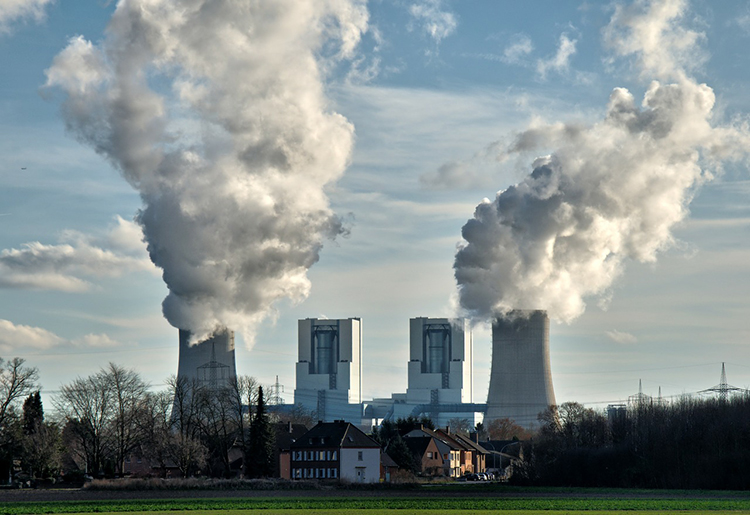Study reveals University of North Carolina coal plant releases dangerous toxins well above Clean Air Act limits
An analysis released by the Center for Biological Diversity has revealed that the permit for the University of North Carolina’s coal-fired power plant allows four to six times the limits of dangerous nitrogen oxide and sulfur dioxide pollution found to be safe under the Clean Air Act.
Models indicate that nearly the entire campus, including outdoor athletic facilities, and numerous residential neighborhoods in Chapel Hill, are at risk from the toxins. UNC-Chapel Hill operates the last coal-fired power plant at a university in the state of North Carolina.
In 2010, former Chancellor Holden Thorpe committed to closing the plant and abandoning the use of coal by 2020. After a change in administration in 2017, UNC changed course, announcing it would not close the coal-fired power plant.
University officials claim the plant currently operates more than 15 times lower than their permit limit and said that by the end of 2019 the university will convert the plant to 50 percent natural gas.








